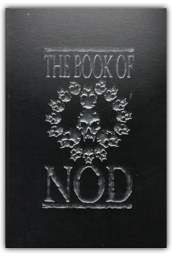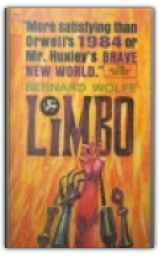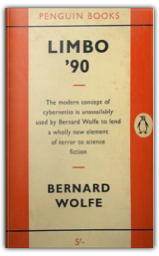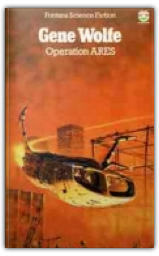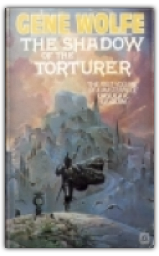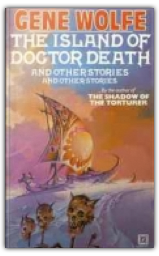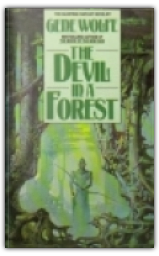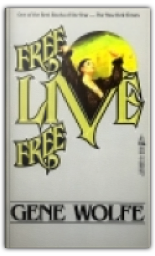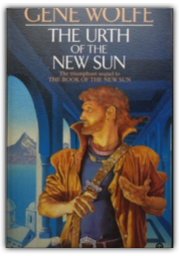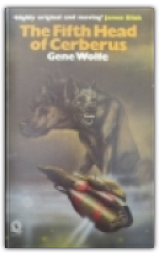 The Fifth Head of Cerberus
Gene Wolfe
The Fifth Head of Cerberus
Gene Wolfe
A brothel-keeper's sons discuss genocide and plot murder; a young alien wanderer is pursued by his shadow double; a political prisoner tries to prove his identity, not least to himself. Gene Wolfe's first novel consists of three linked sections, all of them elegant broodings on identity, sameness and strangeness, and all of them set on the vividly evoked colony worlds of Ste. Croix and Ste. Anne, themselves twins delicately poised in mutual orbit. Marsch, victim in the third story, is the apparent author of the second and a casual visitor whose naïve questions precipitate tragedy in the first; the sections dance around each other like the planets of their setting. Clones, down-loaded personalities inhabiting robots, aliens that perhaps mimicked humans so successfully that they forgot who they were, a French culture adopted by its ruthless oppressors—there are a lot of ways to lose yourself, and perhaps the worst is to think that freedom consists of owning other people, that identity is won at the expense of others. It is easy to be impressed by the intellectual games of Wolfe's stunning book, and forget that he is, and always has been, the most intensely moral of SF writers. —Roz Kaveney |
 Made with Delicious Library
Made with Delicious Library
London, State zipflap congrotus delicious library Scott, Mike
